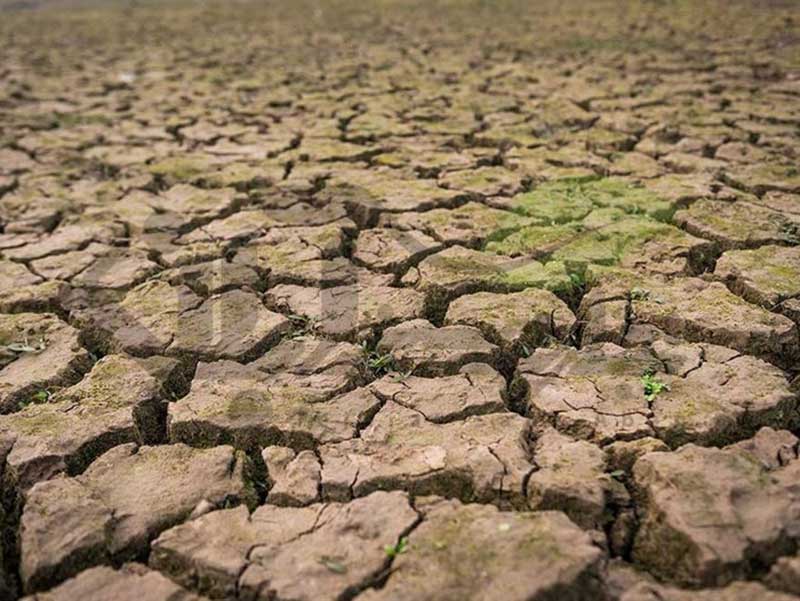Soil erosion in Iran is 4.5 times the average of Asia
The head of the Soil Conservation and Watershed Research Institute said: According to the latest reports, the amount of soil erosion in Iran has reached 16.2 tons per year, while the average soil erosion in Asia is 3.47 tons per hectare.
According to the Tasnim news agency, citing the information base of the Ministry of Agricultural Jihad, Daoud Nikkami said on Tuesday: The Watershed Bill was submitted to the government in 1401 and we are in dire need of organizations and institutions at the national level, including the Supreme Watershed Council.
He added: Watershed management is the management of existing resources within a basin, otherwise huge challenges will arise with sectoral management.
According to him, issues such as the spread of drought, water scarcity, quantitative and qualitative decline of underground water, dust, soil erosion, issues related to productivity, employment and welfare of users are some of the challenges that have arisen due to partial management in the watershed area. Is.
Nikkami pointed to soil erosion in the country and said: According to the latest reports that will be published soon, the amount of soil erosion in Iran has reached 16.2 tons per year, while the average soil erosion in Asia is 3.47 tons per hectare.
At the same time, he stated that the damage caused by soil erosion is 10.7 billion dollars in the country.
The head of the Soil Protection and Watershed Research Institute said: Now we are in a situation where evaporation and transpiration increases with a slope of 5.4 mm per year and rainfall is negative with a slope of 1.1 mm per year.
He added: these rains do not have a proper time and place distribution, so that 70% of rains fall on 25% of lands and 75% of rains fall in non-irrigated seasons.
This official also said about the excessive extraction of underground water: we have 62 billion cubic meters of extraction from the underground water table, which has caused a drop in underground water resources, subsidence and sinkholes.
Criticizing the 7th Development Plan in the field of watershed management, Nikkami acknowledged: In this program, we lack few goals in watershed and watershed issues, desertification, stabilization of dust centers and natural and environmental resources, and the lack of emphasis and requirement of the government and parliament for We are facing the approval of the Watershed Law.
He added: In the 7th Development Plan, Article 38, Clause B, the integrated water management system and the Supreme Council of Water and Natural Resources and Watershed Management are mentioned, and watershed management is actually attached to the Supreme Water Council, which means a departmental management.
At the same time, the head of the Research Institute of Soil Protection and Watershed Management emphasized the need to include a ruling on the lack of a grade for research institutes with executive bodies and clarified: This case has separated the research department from the implementation department and now they do not accept our research institute even as a consulting company. And they say that if you have a degree, we will only accept you as a consultant company, while we can be a powerful scientific arm for all executive bodies.

